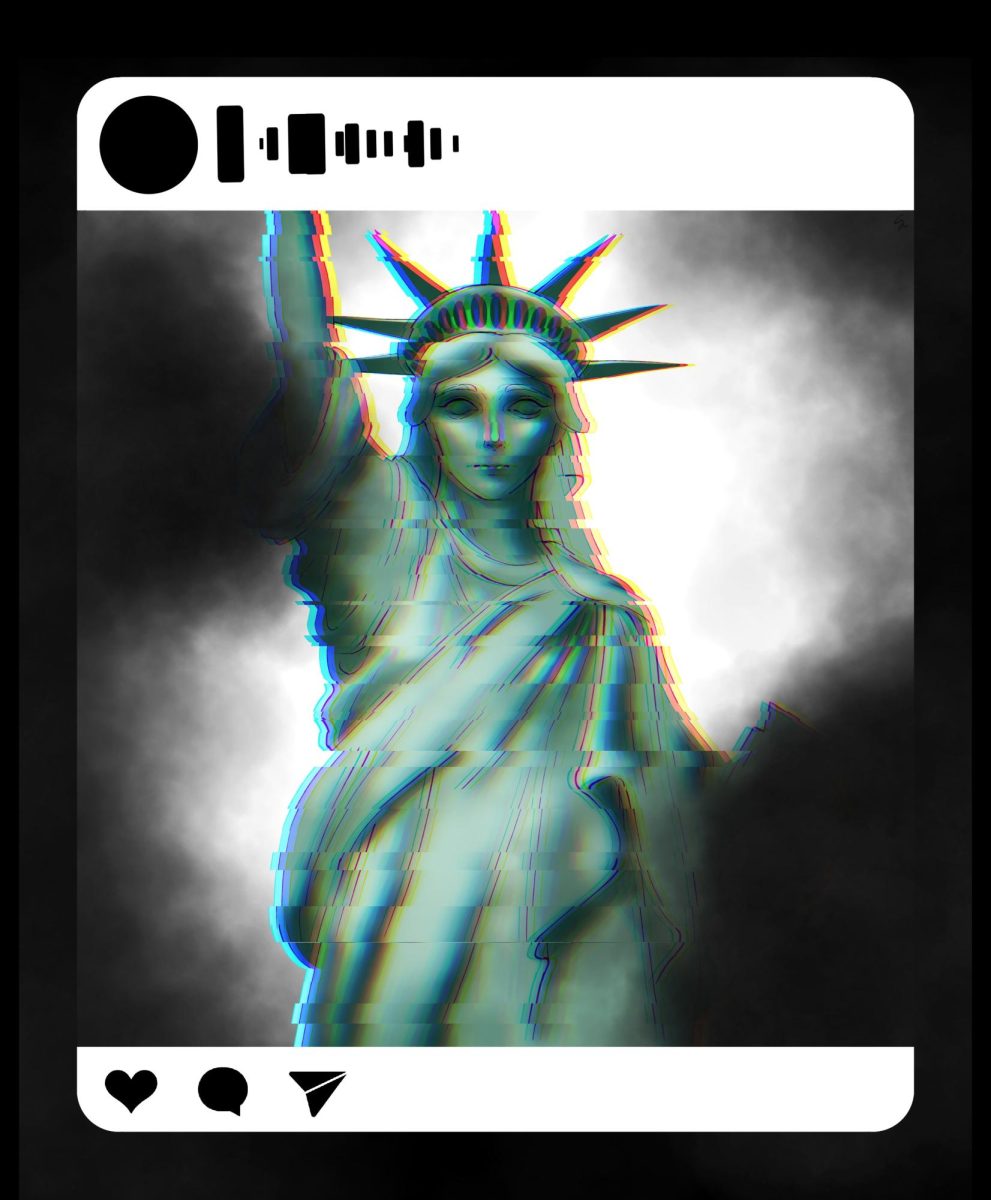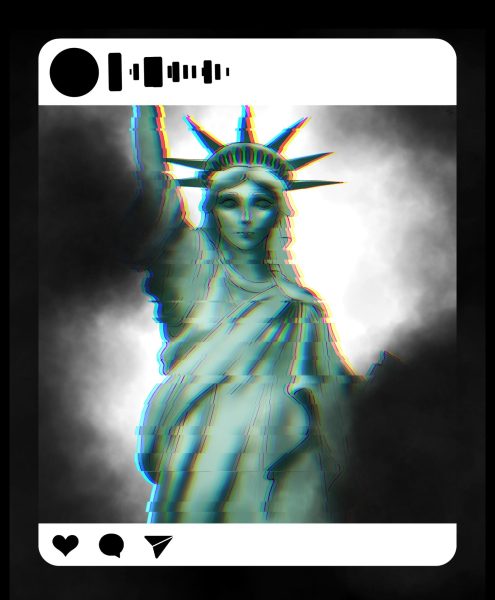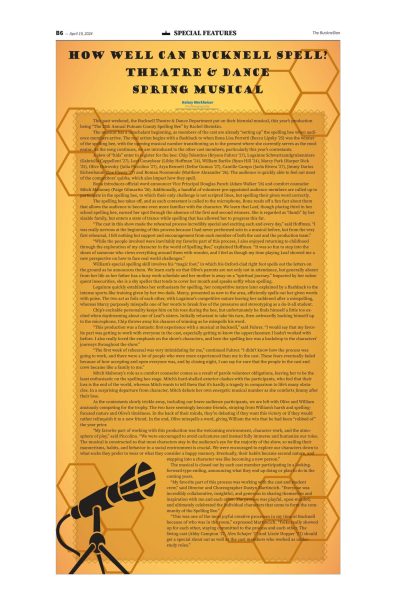Spotify should listen to who’s paying them
February 18, 2022
Spotify has had a problematic start to 2022. With controversial content – such as podcasts and other media – consistently uploaded to the platform, celebrities are removing their consent in an effort to support censorship on Spotify. In January Joe Rogan, star of Spotify’s most popular podcast, “The Joe Rogan Experience,” spread misinformation interwoven with conspiracy theories. Celebrities in the exodus from the app include Neil Young and Joni Mitchell; both cited as a principal motivation Spotify’s role in spreading misinformation. The loss of the content of these two best-selling artists, including hit singles such as ‘Big Yellow Taxi’ and ‘Heart of Gold,’ resulted in losses of hundreds of millions of streams on Spotify. While the platform no doubt still holds a multitude of other popular artists, the possibility of other artists following suit could seriously tarnish Spotify’s brand name. Spotify has already received heat for its perceived under-compensation of artists hosting their music; major artist Taylor Swift was the most visible of these scuffles, taking her music off the platform in 2014 with the note that “valuable things should be paid for.” While it is understandable that a company that has pioneered the era of digital streaming will make mistakes, the issue at hand highlights America’s current vision of censorship.
It is without dispute that many of Joe Rogan’s claims were inconsistent with the severity and current understanding of COVID-19, and his claims had little to no evidentiary backing. The New York Times illustrates the formal uproar to Rogan’s claims as “Hundreds of scientists, professors and public health experts… wrote in a public letter that the program promoted ‘several falsehoods about COVID-19 vaccines.” These groups, consequently, requested that Spotify formally implement a policy to moderate misinformation on its platform. Beyond just the danger of spreading misinformation, some of Rogan’s claims were downright offensive, declaring COVID-19 regulations similar to that of the Holocaust. Nonetheless, his comments struck a chord with hit singer Neil Young causing him to remove his music, only to be quickly followed by Joni Mitchell. Since the beginning of 2022, Spotify’s stock has consequently lost more than a quarter of its value.
Back in 2018, however, Spotify was actually caught on the other side of the censorship issue. After Spotify’s newly-inaugurated “Hate Content & Hateful Conduct” policy resulted in the removal of artists like R. Kelly and XXXTentacion, many harshly criticized Spotify’s decision. Both artists were involved in cases of domestic violence and sexual abuse, but fans protested that their cases were not finalized before their deaths and raised one question – who was Spotify to determine these artists’ legacies?
As the world’s most popular music streaming platform, Spotify holds significant weight and leverage in deciding what music is available to its millions of users. Despite this, Spotify has consistently missed the mark in choosing which content will be made accessible. In order to better define this ethical gray area of what music and podcasts are deemed acceptable for popular use, Spotify will have to respond effectively to the demands of its own consumers. While today Spotify might be the world’s most popular music app, Apple Music is not far behind. If Spotify can’t solve the issue of music availability and censorship, it may lose that top spot in the industry.


























